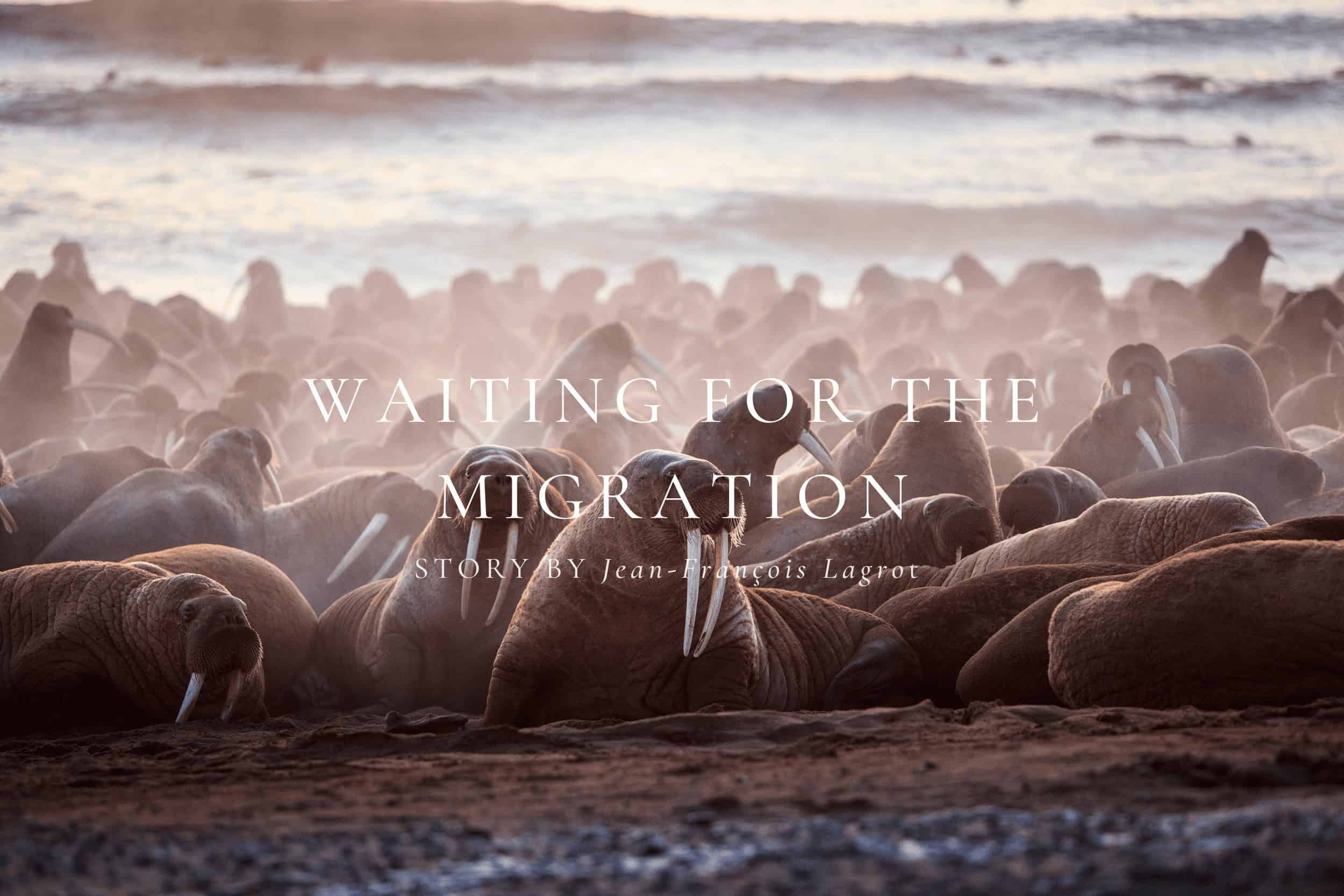RUSSIA | CHUKOT
Six weeks in harsh harmony with the walruses and people of the Chukchi Country.
I’ve always thought that flying cannot be the same experience as traveling. Traveling is an immersion in an unfamiliar world, and the experience of its unveiling. If you fly 8,000 kilometers by plane to get to the end of the world, beyond the limit of what is known to you, both socially and geographically, then it is not you who arrives. It is only a part of yourself — your scout, an avatar. It takes time for your body to make physiological sense of your arrival, and more time for your mind to become fully aware of life as it unfolds. You slowly wake into the place of the earth where you’ve been projected. Harmony is only possible at this price, these days spent changing into a part of the new world.
I traveled for weeks toward the coast of the Chukchi Sea. Slowly, held back by the elements, by the wind, I followed increasingly uncertain connections eastward. I flew on six planes to get to these reaches, trailing farther away from human habitation with every stage. The entire trip from France lasted 14 days. I spent most of that waiting on weather and measuring in my head how this land near the Bering Strait was both the end of the world and a showcase of its origins. In Khabarovsk, where I made a 24-hour stopover, life still resembled what I knew in Europe, despite the presence of the exotic Amur River and an all-powerful, all-mysterious China on the other bank. The true shock took place during the next stage, as I ferried across the river to Anadyr, the provincial capital of the Easternmost Russian Okrug of Chukotka.
The water of the Anadyr River is as dark as the sky that overhangs it, the current is powerful, and the swirls have metallic reflections. The fast-running clouds over the town frayed on the edges of building




